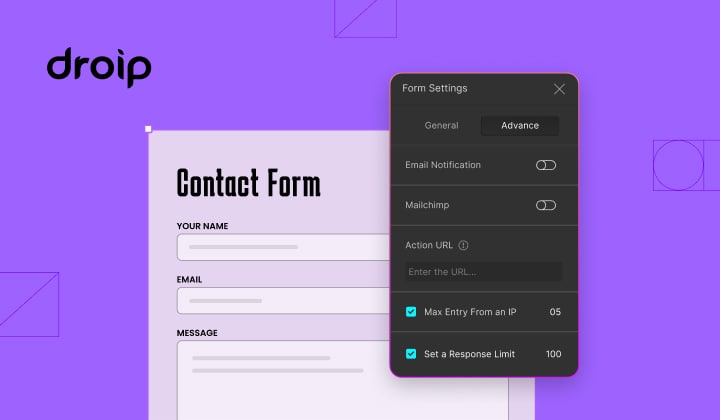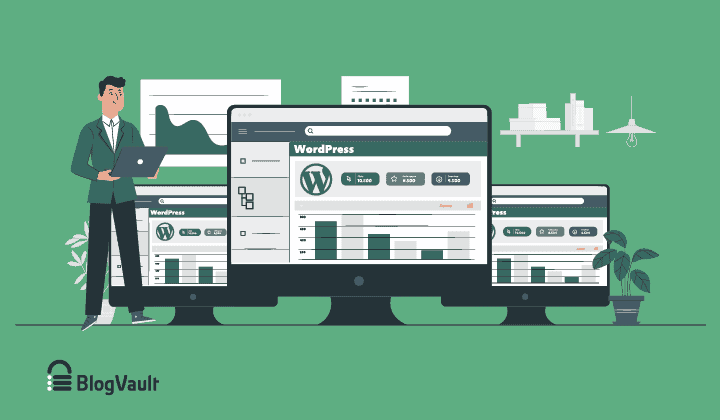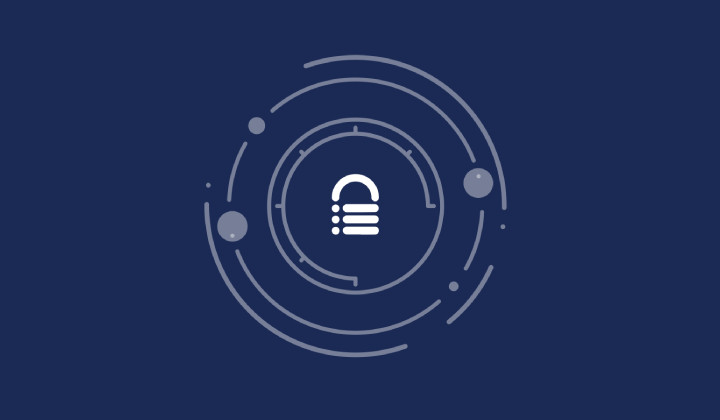Files to skip when backing up your website
Bulletproof Backups for Your WordPress Website
Fortify your business continuity with foolproof WordPress backups. No data loss, no downtime — just secure, seamless operation.
Backing up your website is important. Daily backups for a website with a blog that is updated frequently is even more important. Now when you’re doing backups that often, you would want to make sure that you’re not backing up the wrong data or unnecessary data.
Why? Well every backup you take costs you. It costs you in terms of time and money. If your backups aren’t optimal, the time it takes to backup your site increases considerably as well as the space your backups occupy, either on your server or on the cloud ( Dropbox, Amazon S3 ). Now as you are well aware, that spaces costs money.
So, which files should you not be backing up?
Cache files
Cache files are static html pages that are snapshots of your dynamic website. They’re just temporary copies of your pages. These files are served to visitors instead of the same dynamic page being generated for each visitor. Cache files significantly reduce the load on your WordPress database.
But cache files don’t need to be backed up. They eat up valuable storage space. Which is why you must look out for them and exclude them from your backups.
Backup files by other plugins
There are a lot of free backup plugins around. Installing them and then forgetting about them is quite common. A lot of these plugins save files on your web server. These files shouldn’t be backed up, so look out for them.
Error log files
Error log files can be pretty large and can consume a lot of space. Log files being dynamic, ie.. their continuously updated, there is no need to backup an old error log file. Search for these and don’t backup these files.
Now here’s the problem, what do these files look like? How am I sure that I’m excluding the right file from my backup? It depends alot on the plugin you’ve used for backups and caching because they store data under their own folders. This takes practice and experience. If you couldn’t be bothered with it, use a WordPress Backup plugin that does it for you and make sure that they value your time and money by excluding these files from your backups.
Tags:
Share it:
You may also like

How to Limit Form Submissions with Droip in WordPress
Forms are an indispensable part of any website because of their versatility, letting you collect information for various purposes! However, people with ill intentions often attempt to exploit these forms…

How To Manage Multiple WordPress sites
Management tools help agencies become well-oiled machines. Each task is completed with the least amount of effort and highest rate of accuracy. For people managing multiple WordPress sites, the daily…

PHP 8.3 Support Added to Staging Feature
We’ve introduced PHP version 8.3 to our staging sites. Test out new features, code changes, and updates on the latest PHP version without affecting your live website. Update PHP confidently…
How do you update and backup your website?
Creating Backup and Updating website can be time consuming and error-prone. BlogVault will save you hours everyday while providing you complete peace of mind.

Updating Everything Manually?
But it’s too time consuming, complicated and stops you from achieving your full potential. You don’t want to put your business at risk with inefficient management.

Backup Your WordPress Site
Install the plugin on your website, let it sync and you’re done. Get automated, scheduled backups for your critical site data, and make sure your website never experiences downtime again.




